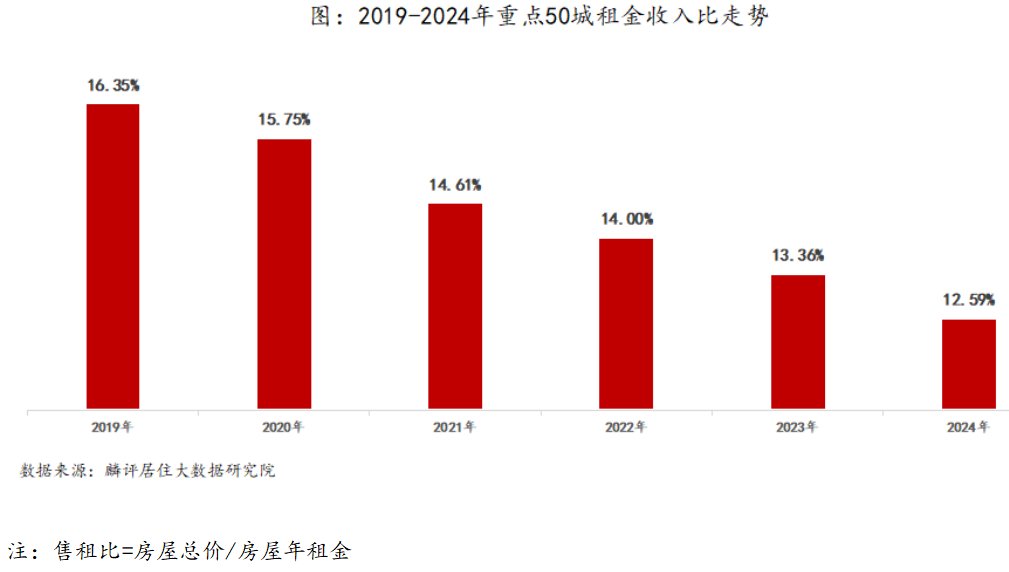
What can I say, it’s just the perfect Trump picture.
It’s for sure that there are those with great influence on him who want him to. Thomas Neuburger has the quotes, starting with Stephen Miller:
[This is] Legal insurrection. The President is the commander-in-chief of the Armed Forces, not an Oregon judge. Portland and Oregon law enforcement, at the direction of local leaders, have refused to aid ICE officers facing relentless terrorist assault and threats to life. (There are more local law enforcement officers in Oregon than there are guns and badges in the FBI nationwide). This is an organized terrorist attack on the federal government and its officers, and the deployment of troops is an absolute necessity to defend our personnel, our laws, our government, public order and the Republic itself.
“Legal insurrection … an organized terrorist attack on the federal government”. There are laws against that. Another example, Miller to Hannity:
The Democrat party … is an entity devoted exclusively to the defense of hardened criminals, gangbangers, and illegal alien killers and terrorists. The Democrat party is not a political party. It is a domestic, extremist organization.
Noem and Hegseth agree (see here and here) and seem to be willing, as commanders of government forces, to fight by his side. Trump also agrees:
[T]hey’re throwing bricks at full force into the window and into the car. It looks like it’s a war zone. And I said, never let that happen again. From now on if that ever happens, and I say it here, you get out of that car and you can do whatever the hell you want to do …
Last month, I signed an executive order to provide training for a quick reaction force that can help quell civil disturbances. This is going to be a big thing for the people in this room [the Pentagon’s generals] because it’s the enemy from within and we have to handle it before it gets out of control.
So, Thomas thinks this might be the start of a new civil war, or at least that’s what Miller wants and Trump may agree. (I think Trump is too fickle to be sure. But by all accounts Miller is the consummate Trump-whisperer.)
But what I see happening is something else. Just declare the Democratic party a terrorist organization and add in RICO penalties. Send law enforcement after them. Some may not be willing to, but ICE will do the job if no one else does, and other cops or military won’t fire on them, they’ll get the pols. Then put them in an ICE controlled prison. If really smart, set up an administrative court with executive appointed judges to try them, and either have the Supremes ratify it, or if that’s too far even for them (unlikely, but possible), ignore them.
Then, with full control of all legislatures, call a Constitutional referendum and change any and all amendments and the Constitution as Trump (or the smart lads who really do the work, like the 2025 crowd) desire, essentially changing America’s form of government permanently.
It’s our annual fundraiser. We’ve raised a little over $6,570 from 58 people in the last twelve days, out of our goal of $12,500. If you’re a regular reader and can afford to support our writing, please subscribe or donate. Over 10,000 people read every day, but without those who give the site would not survive.
Trump’s not smart enough for this, but Miller and various backers are, he’s got a Cabinet full of yes-men and women to back him, he’s purging the military and the three letter agencies of those who might try to stop him, and there’s no particular reason to think it might not work. There’d have to be a massive uprising, or enough soldiers and various types of police who resist to stop him.
If there are, it’s civil war. If there aren’t, well, it may be a low grade civil war anyway, or he may just get it thru. Hard to see most Democrats actually fighting back effectively, or fighting back at all.
Not saying this will happen. I don’t think they have the guts for it, and Trump is fickle. But there’s a large faction with a lot of influence who want it to happen, and they’re working hard to make it happen.
It’s Our Annual Fundraiser. If you read us a lot, please Subscribe or Donate.



